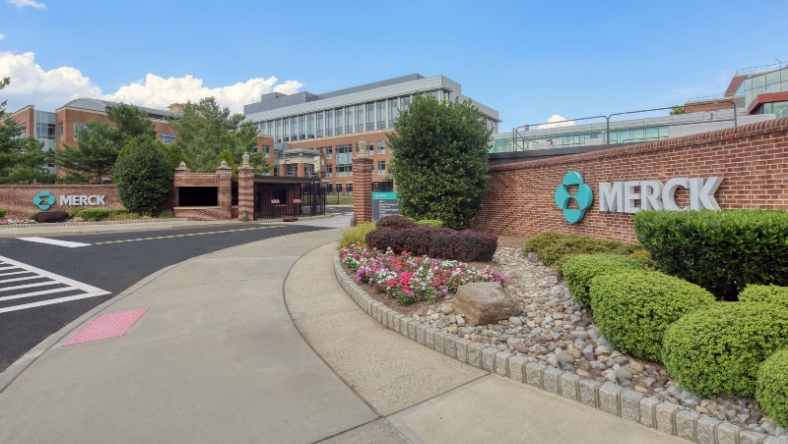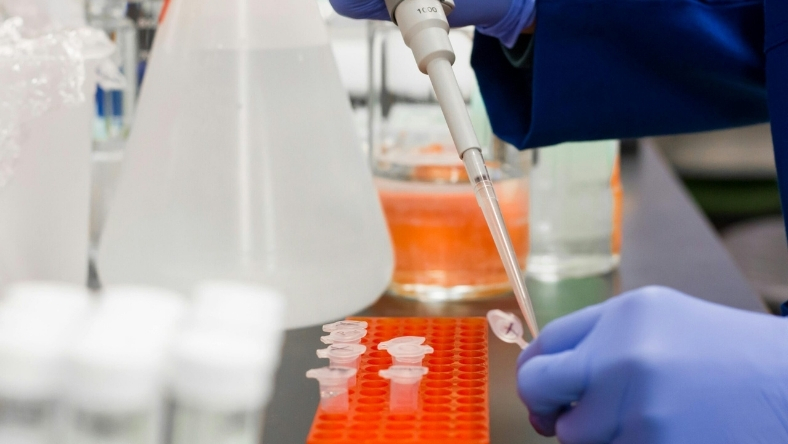RESEARCH
Stem Cell Trial Offers Hope for Insulin-Free Diabetes
Vertex's zimislecel left most trial patients insulin-free after a year, but safety risks and scalability remain major hurdles
21 Jun 2025

Last October, ten out of twelve patients with type 1 diabetes stopped using insulin. The milestone came one year after receiving zimislecel, an experimental stem-cell treatment from Vertex Pharmaceuticals. The findings, presented at the American Diabetes Association's annual meeting and published in the New England Journal of Medicine, suggest that type 1 diabetes may, one day, be pushed into remission.
Zimislecel is a lab-grown batch of insulin-producing islet cells, derived from stem cells and transplanted into the liver. In most trial participants, these cells began producing insulin naturally, improving blood-sugar control and reducing hypoglycemic episodes. It is a bold attempt to treat the disease at its root. In type 1 diabetes, the immune system destroys pancreatic cells responsible for making insulin. Replacing these cells, rather than supplementing their function, marks a shift in approach.
Yet the risks are substantial. Participants must take lifelong immunosuppressive drugs to prevent rejection, which raises their vulnerability to infection and other complications. Three patients developed neutropenia, a dangerous dip in white blood cells. Two deaths occurred during the study, though neither was linked directly to the therapy.
Zimislecel remains in early clinical development. Questions of long-term efficacy, safety, and cost loom large. The need for immunosuppression may restrict the therapy's use to only the most severe cases. Manufacturing at scale is also a significant hurdle.
Despite this, the conceptual advance is noteworthy. Current diabetes care focuses on managing symptoms through insulin and glucose monitoring. Zimislecel aims to restore the body's lost function, turning chronic management into potential remission.
"This is the most compelling evidence we've seen that type 1 diabetes may be treatable at its root," said one endocrinologist involved in the study.
Whether the promise holds will depend on how the treatment performs over time and whether future versions can avoid immunosuppressants. For now, zimislecel points to a future where regenerative medicine may do more than just patch the damage. It could undo it.
Latest News
25 Feb 2026
Can AI Rethink How New Drugs Are Found?24 Feb 2026
Lilly Deepens AI Push in Obesity Drug Race23 Feb 2026
Another Shot in the Obesity Gold Rush19 Feb 2026
Precision Medicine Rises as Biomarkers Drive Change
Related News

INNOVATION
25 Feb 2026
Can AI Rethink How New Drugs Are Found?

PARTNERSHIPS
24 Feb 2026
Lilly Deepens AI Push in Obesity Drug Race

INVESTMENT
23 Feb 2026
Another Shot in the Obesity Gold Rush
SUBSCRIBE FOR UPDATES
By submitting, you agree to receive email communications from the event organizers, including upcoming promotions and discounted tickets, news, and access to related events.